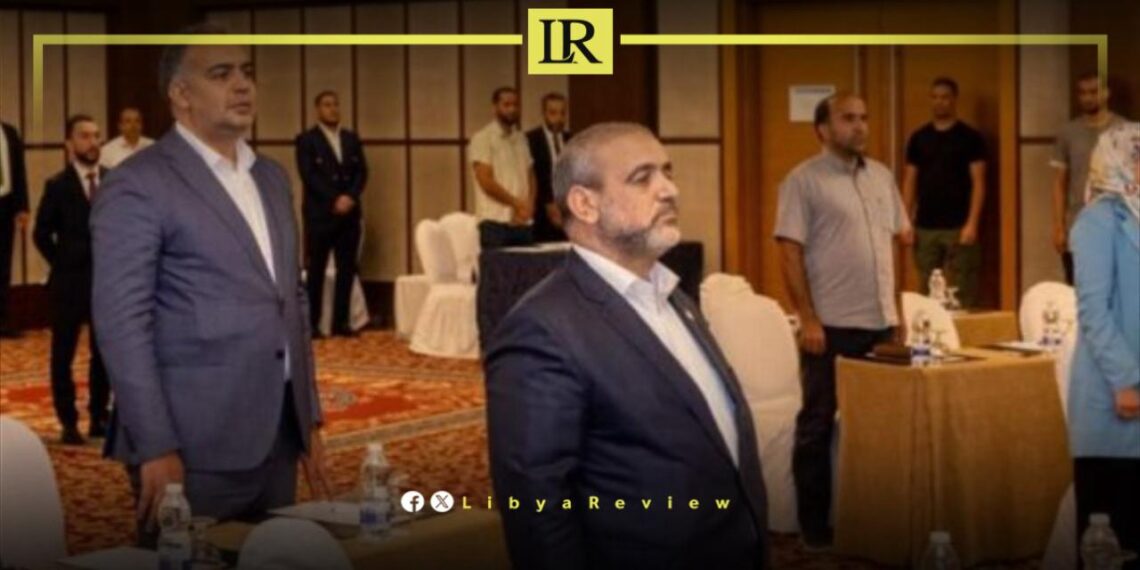On Thursday, the High Council of State (HCS) in Libya welcomed the recent statement from the United Nations Security Council regarding the ongoing situation in the country, specifically focusing on the controversy surrounding the Central Bank of Libya (CBL).
The HCS emphasized its rejection of unilateral actions aimed at appointing a new Governor of the CBL and forming its Board of Directors, actions which the Council believes violate Libyan law and threaten to destabilize the nation.
In a statement, the HCS also expressed strong support for the United Nations Support Mission in Libya’s (UNSMIL) initiative to resolve the current crisis involving the CBL. The Council stated its readiness to engage in dialogue with the House of Representatives (HoR) to reach a consensus on appointments to Libya’s sovereign positions, in accordance with the Libyan Political Agreement (LPA).
Additionally, the HCS praised the UN Security Council’s call for adherence to the outcomes of the 6+6 Joint Committee, urging that the electoral process move forward based on these agreed-upon terms.
This situation highlights the ongoing power struggle within Libya, where the CBL, a crucial institution controlling the nation’s oil revenues and foreign reserves, has become a focal point of political contention.
The rivalry between the Tripoli-based Government of National Unity (GNU) and the Parliament-designated administration underscores the deep divisions that have persisted since the 2011 uprising that led to the fall of Muammar Gaddafi.
Unilateral actions concerning the leadership of the CBL, particularly without broad-based agreement, have the potential to disrupt efforts to stabilize Libya’s fragile political and economic landscape. The UNSMIL initiative, which seeks to mediate these disputes, represents a critical opportunity for fostering dialogue and finding common ground.


